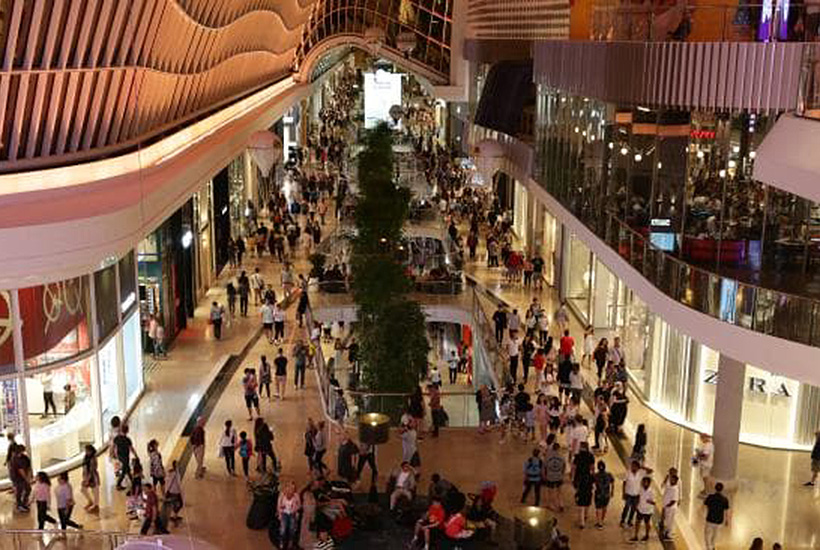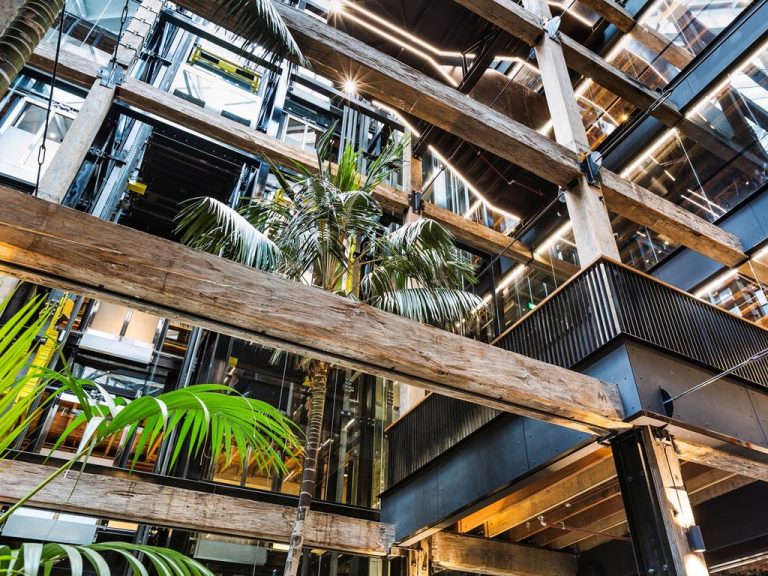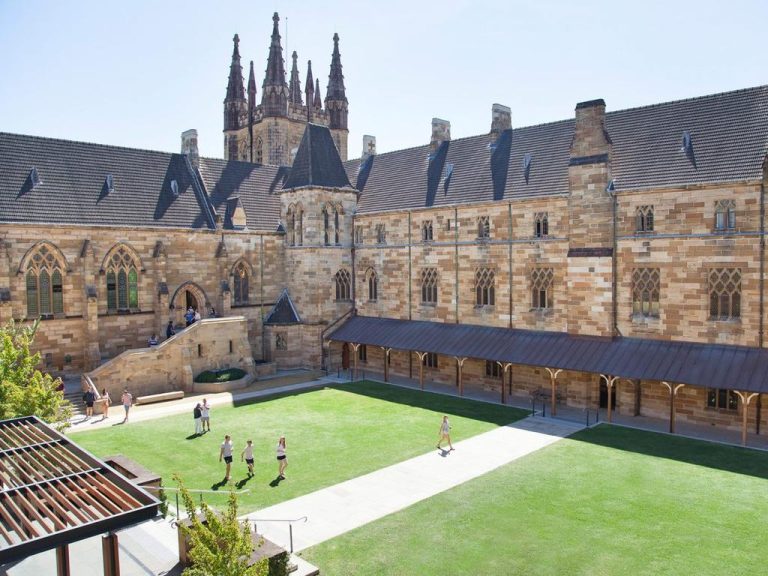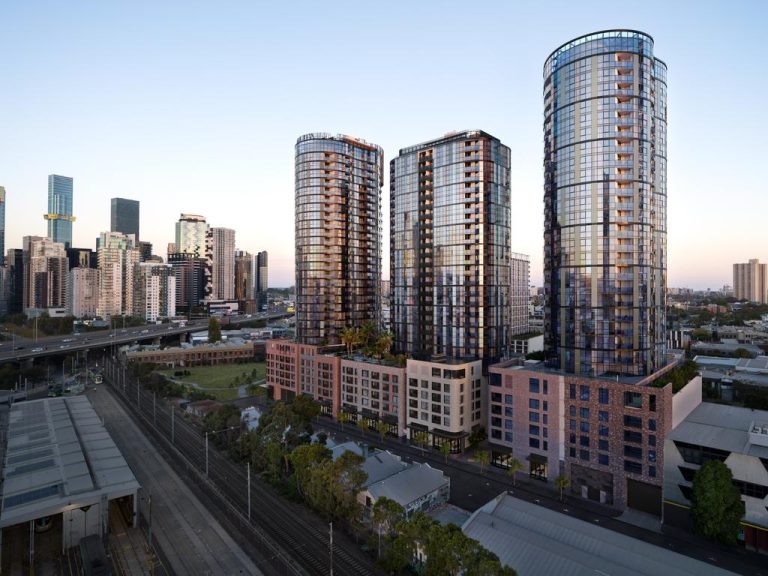What Australians really want at their shopping centres

Forget about dining and entertainment precincts at shopping centres — Australian consumers really want more carparking, and cheaper parking to boot.
A survey of shoppers in the Asia Pacific by investment bank UBS found that while customers in Hong Kong, Singapore, Japan and China want a greater choice of retailers and more services, Australian shoppers’ first priority is parking.
“Every Australian landlord is investing in entertainment and dining precincts, this data is saying there is less of a focus on this than landlords think,” says UBS analyst James Druce.
Commercial Insights: Subscribe to receive the latest news and updates
The survey of more than 14,000 shoppers is sobering reading for Australia’s mall owners, many of which are major listed companies like Westfield owner Scentre Group or Vicinity Centres, part owner of Melbourne’s mega Chadstone mall.
The downside for landlords is that parking which doesn’t generate much in the way of returns.
Visits to Australian malls dropped 15% for the shoppers surveyed late last year compared with 2017, the biggest fall for countries in the survey.
This contrasts with trends in much of Asia where visits to shopping centres rose. Taiwan saw the most growth with a 22% increase in a year followed by Vietnam with a 20% rise. In the middle of the field was Japan, with a 2% rise, while New Zealand also suffered with an 11% fall in shopper visits.

Traffic chaos as shoppers queue to get into a mall. Picture: Jerad Williams.
UBS also points to the “plethora of retail assets on the market” in Australia weighing on values and the threat of online shopping including Amazon. Analyst Grant McCasker says “the listed market is pricing some pretty big asset price declines” given some of the discounts to net asset values that mall owners’ shares were trading at.
Nor will the rash of shopping centres on the market be cleared this year, he says.
UBS rates some of Australia’s listed shopping centre groups as the “least preferred” mall stocks in the region, particularly Vicinity and Stockland, despite the discounted share price.
The most preferred shopping centre stocks are listed in Singapore, Vietnam and Japan.
The analysts also looked at the effect of online shopping finding that while awareness is high in Australia at 93%, only 22% of those surveyed had bought and 40% planned to buy from online giant Amazon.
“Amazon’s entry into a market generally drives an acceleration in the rate of online penetration,” the research note says.
Amazon’s online penetration more than doubled in the 11 markets operates in over five years, UBS noted.
Meanwhile in Australia, the popularity of Uber Eats and other food delivery services is limiting the demand for dining options in shopping centres.
The survey found that more 40% of shoppers in Hong Kong, Singapore and China would like to see more food and restaurants in malls, but in Australia, that figure fell to 24%.







